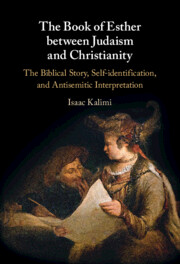This essay examines certain common themes as well as conflicting voices in two extensive sets of Persian diaries, written almost a century apart, by Mohammad-Hasan Khān Eʿtemād al-Saltaneh (1843‒96), a long-time courtier and confidant of Nāser al-Din Shah Qajar (r. 1848‒86) and Asadollāh ʿAlam (1919‒78) a close associate and court minister of Mohammad-Reza Shah Pahlavi (r. 1941‒79). On the whole these diaries provide significant amounts of information about the inner workings of the court and the overall institutional setup of the Iranian state in the nineteenth and twentieth centuries. Although in writing their diaries these authors did not set out to produce a literary work, and nor did they intend to chronicle a general history, each in his own way captured his respective epoch and, within their limitations of time, scope, and insight, each reflected a broad range of private and social relationships. Also each in his own way echoed older ministerial voices, reminiscent of the voice that often resonates in the “mirror for princes” genre, of part player part intimate observer, and with a certain sense of admonition and resignation, lamenting the loss of an era which they felt was slipping away as they wrote.


